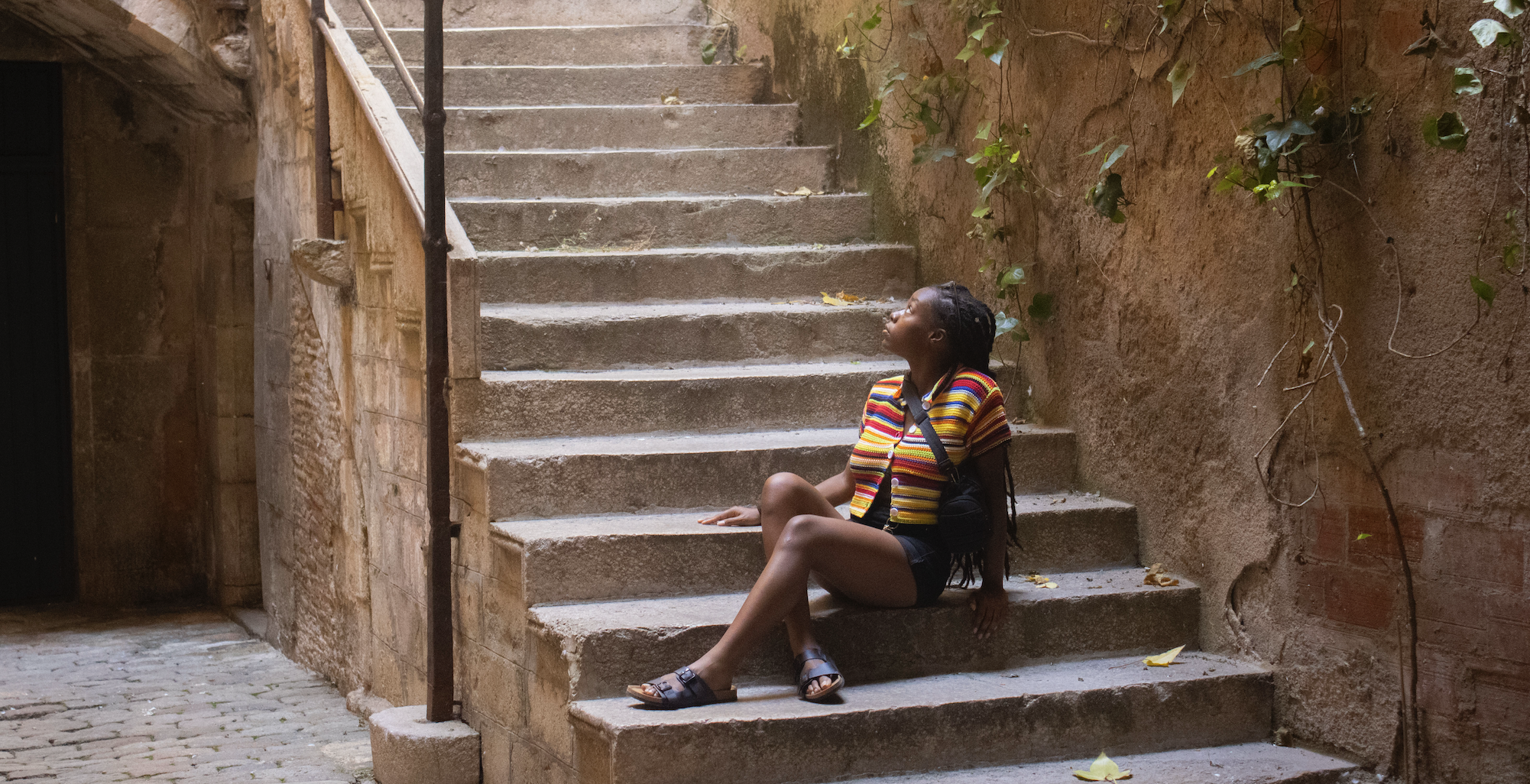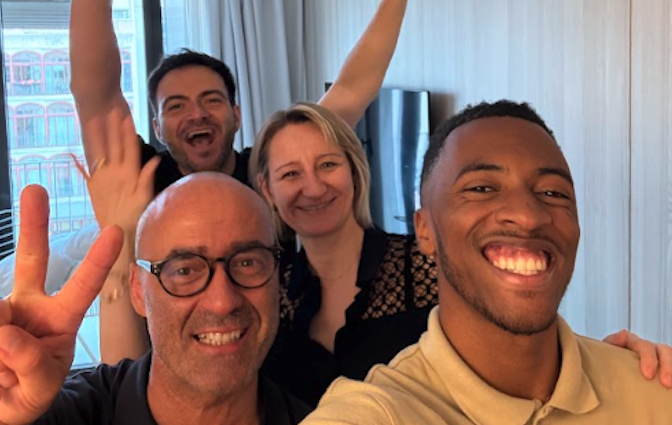It is true that everyone experiences studying abroad differently, and the trip means something slightly different to all of us. There is one aspect of my trip that made my experience deviate from the norm, as I had the misfortune of severely spraining my ankle a week before I studied abroad in Barcelona, Spain in the Spring of 2013.
Now, when I say severely I don’t just mean a had a little lump and it was painful to walk – no, we’re talking a softball size blue mass replacing what I once knew as my ankle. The icy color and abnormal size didn’t go away over night either, nor did it make walking a comfortable option. Still I trekked on. I pushed through the 9 hour flight, the ceaseless walking tours of the city, the limited access to elevators, and the uneven streets.
As you would expect my ankle didn’t really have much time to heal. I turned down countless adventures, late nights, and hiking trips, yet my ankle still wasn’t up to parr. My uncooperative limb held me back for 2 months, about half of my trip, or at least so I thought. It was only once I could walk comfortable again that I realized my sprained ankle wasn’t quite the negative I thought it was. As I slowly started to walk on my bad ankle more and more I became aware how much I truly appreciated the little things. I actually took the time to take every little detail in. As I walked through the streets of Barcelona I noticed every group of local kids playing, every cultural exchange, and all of the little details that make Barcelona so unique. I have to wonder: would I have noticed these things if I wasn’t forced to slow down? Although I’d like to think that I would, I’m also a realist. In all the excitement of being exposed to a new culture I don’t think that I would have fully taken everything in at the same extent I did after I was forced to slow my roll. My ankle gave me a small taste of what it may be like to study abroad with a handicap.
It is rare that students truly slow down to absorb and appreciate the minor details of a new culture. If I hadn’t been injured it is likely that my trip would have been very different. Too often, students start out running. Running for the most popular tourist attraction, running for the beach (if accessible), and lets be honest- running for the bar. They run so much in the first few weeks that they often get burnt out quickly and begin to miss aspects of their home life. By the time most students finally catch their breath it is almost time to return home. This method of sprinting into a new culture frequently bypasses an in depth introduction to all of the minor and unique elements of that culture. When you are forced to take your time and instead stroll leisurely, it is easier to see all the little things that students running past too often miss.
Since students with disabilities tend to enter into a foreign environment at a slower pace, it is more likely that they will appreciate the things that they do and see. Often times, any form of a disability serves as a conduit that allows a student to appreciate the little things that contribute to a full experience. This could be taking one’s time as they simply walk to class, being more aware of the people around them, or completely accessing the situation. It also forces students to face common study abroad situations in quite a different manner, resulting in an all together unique experience. For example, most students don’t notice uneven roads, or the lack of elevator access, where this can completely affect how some people get around the city. To some, large crowds, load sounds, and chaotic environments are just part of the experience, while to others it can cause great anxiety. These difficult situations are impossible to run through. Studying abroad challenges every participant in a different way. Students who study abroad with a disability are challenged 10 times more than your average student. Therefore, at the end of the journey the skills gained are immeasurable.
Not many people stop to think what studying abroad is like for people with disabilities. Nor do many people think how thousands of students are affected. Why shouldn’t everyone have the chance to experience the world? My clunky, aggravating ankle turned into a mere bug bite compared to what it could have been. Yet, in many ways having a disability, whether it be that you are in a wheelchair, have social anxiety, are on the autistic spectrum, or having a bum leg, allows for an even more enriching experience. As I said earlier, we all experience study abroad differently. Yet, when you have something that may seem to hold you back, you’ll be amazed by how much it can alter and enhance your experience in the most unexpected ways. It’s important to note that taking off at a leisurely pace allows you to (as they say) stop and smell the roses.
Buenviaje!



